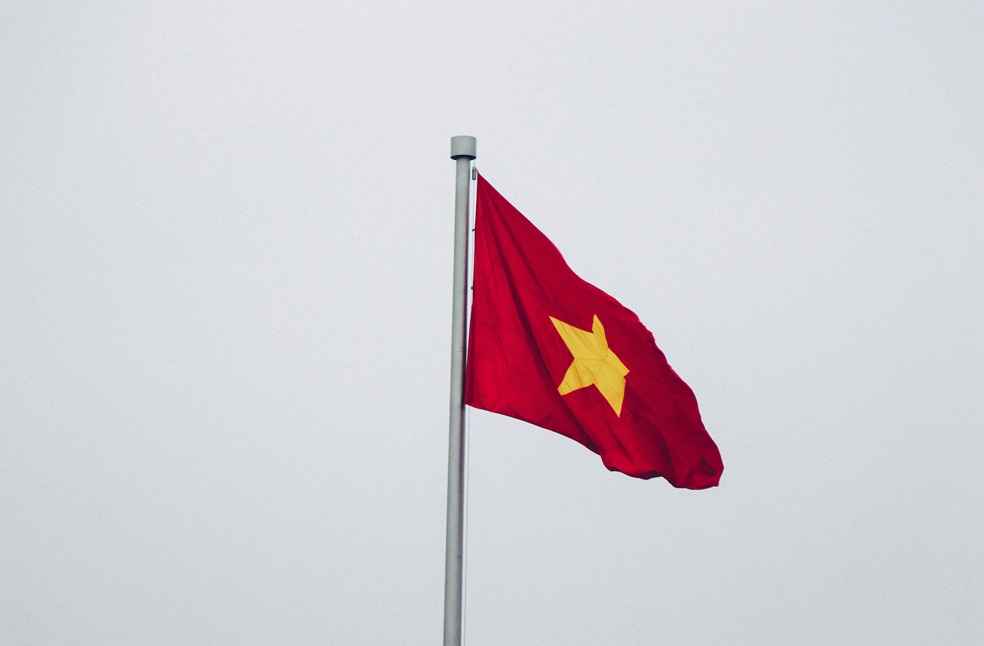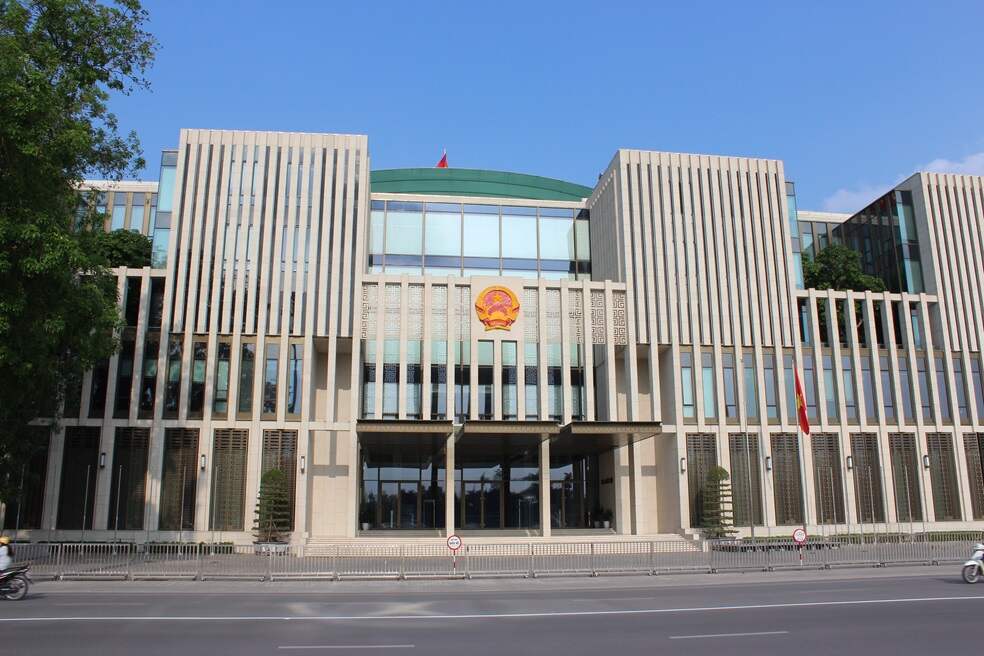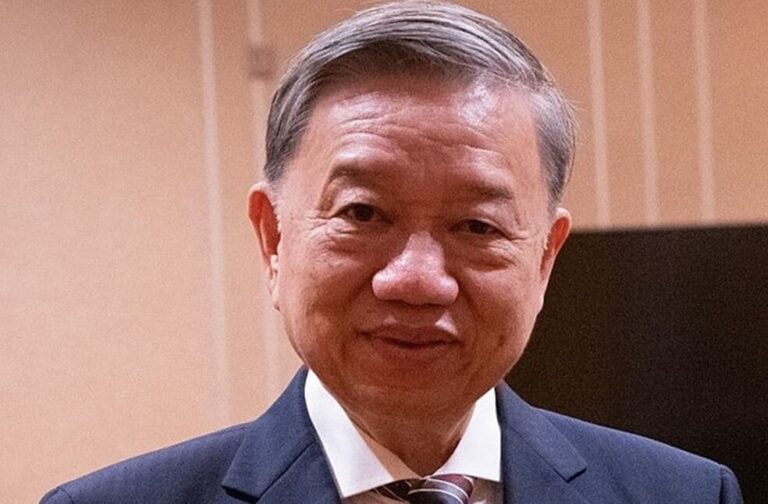Vietnam: Public security minister To Lam was approved by the rubber-stamp parliament of Vietnam to become the country’s next president following the resignation of his predecessor due to a significant anticorruption effort.
Following the customary processes of the one-party state, the National Assembly unanimously confirmed Lam’s election, 66, following a secret poll in which he was the sole contender for the position. The voting came one week after the ruling Communist Party nominated him.
The “blazing furnace” corruption crackdown has affected thousands of people, including high-ranking government and corporate officials. Lam, the deputy head of the anti-corruption steering committee, has been a key player in this campaign.

Lam succeeds Vo Van Thuong, who quit in March following barely a year in office due to what the party described as “violations and shortcomings.” Due to “violations and shortcomings,” the National Assembly chairman also resigned the next month.
According to analysts, Lam, the deputy leader of the anticorruption steering committee, has used the committee’s investigations as a weapon against his political enemies.
He promised the parliament that he would “resolutely and persistently continue the fight against corruption” in his first speech as president after being confirmed.

The state president is one of the nation’s top four political offices, or the so-called “four pillars,” however his job is primarily ceremonial. The speaker of the parliament, the prime minister, and the leader of the party are the others.
The election, according to Carl Thayer, an emeritus professor and authority on Vietnam at Canberra’s Australian Defence Force Academy, should bring some peace, if only momentarily. The third five-year term of aging party leader Nguyen Phu Trong finishes in 2026, or sooner if he resigns before then.



